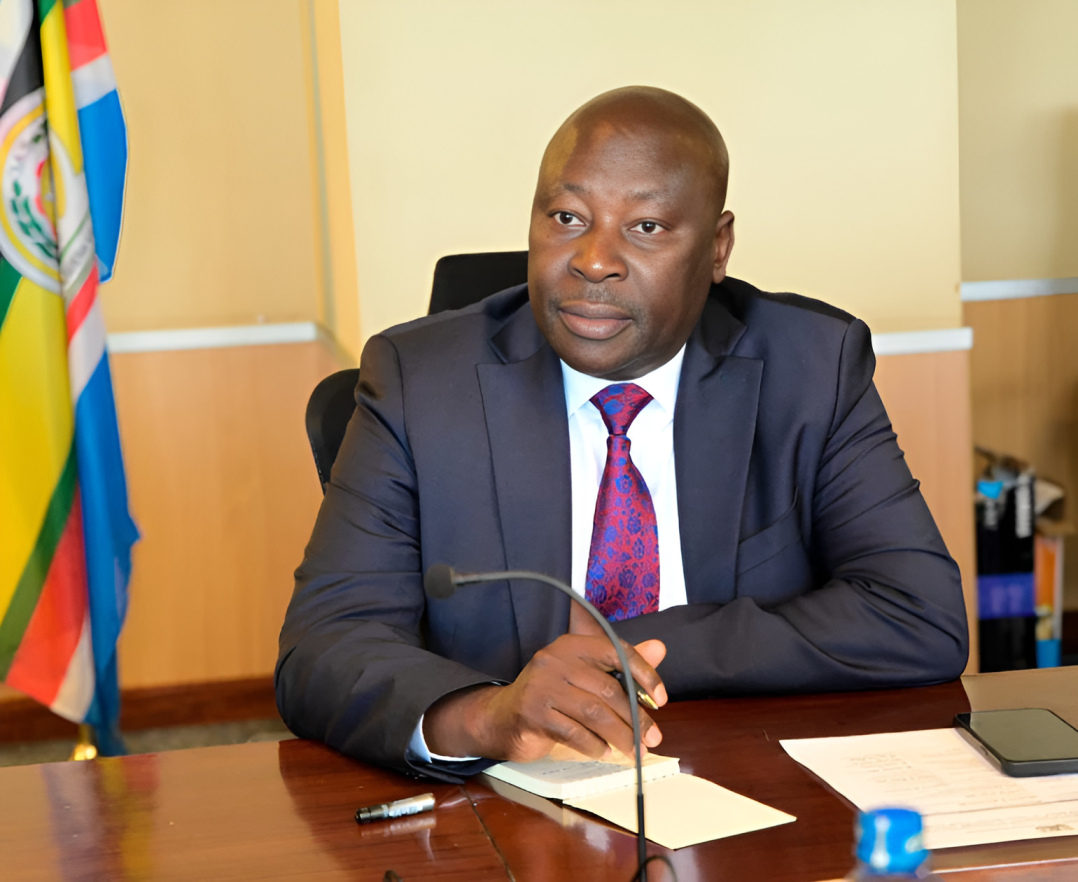State to block Inua Jamii funds sent to dead beneficiaries

The State Department for Social Protection said it is working to integrate the Consolidated Cash Transfer Programme Management Information System (CCTP-MIS) with the Civil Registration Services (CRS) database.
The government is taking steps to connect the Inua Jamii cash transfer system with civil registration records in order to stop payments from being made to people who have already died.
In a statement issued on July 14, the State Department for Social Protection said it is working to integrate the Consolidated Cash Transfer Programme Management Information System (CCTP-MIS) with the Civil Registration Services (CRS) database.
This connection is expected to help the system automatically flag and remove deceased beneficiaries from the programme.
“Going forward, the state department has planned to integrate the CCTP-MIS with the CRS database to automatically identify deceased beneficiaries,” the department stated.
The changes are aimed at sealing loopholes that have allowed public money to be sent to individuals who died years ago.
Inua Jamii currently supports around 1.76 million vulnerable Kenyans, including people with disabilities, orphaned children, and extremely poor households, through monthly cash transfers.
The programme was allocated Sh47.8 billion in the last financial year ending in June.
Previous audit findings revealed that some payments were still being issued to individuals who were no longer alive.
These findings triggered concern in Parliament, where legislators called for stricter checks, including frequent physical verification of beneficiaries.
Auditor General Nancy Gathungu reported that the department had admitted the issue was caused by weak system controls.
The department acknowledged that while funds had been recovered in some cases, the affected beneficiaries had not yet been removed from the system.
“It is true that beneficiaries whose funds had been clawed back have not been exited, and the reason for this is that the payment module under the CCTP-MIS has been undergoing enhancement to provide automatic service of exiting households of beneficiaries,” the department said.
Funds under Inua Jamii are normally transferred to holding accounts in six contracted banks before being disbursed to recipients.
However, the department noted that balances from past cycles, including clawbacks and failed credit attempts, sometimes remain in these accounts.
Failed credits are usually reloaded in the next cycle, but funds in dormant accounts are returned to the National Treasury.
Officials also pointed out that efforts to improve the system came after incidents where caregivers of vulnerable children and persons with disabilities reappeared to collect funds, even after their caregiver arrangements had changed.
The department said the changes being implemented are meant to create tighter controls and ensure accountability.
